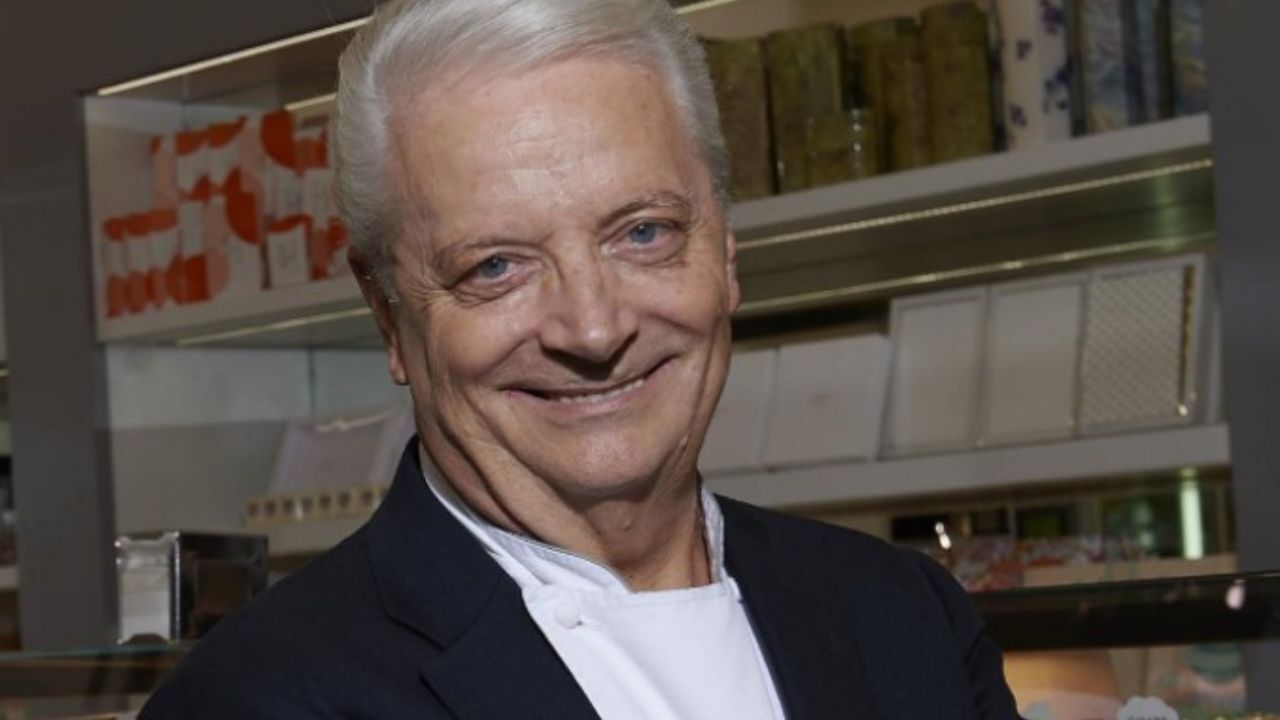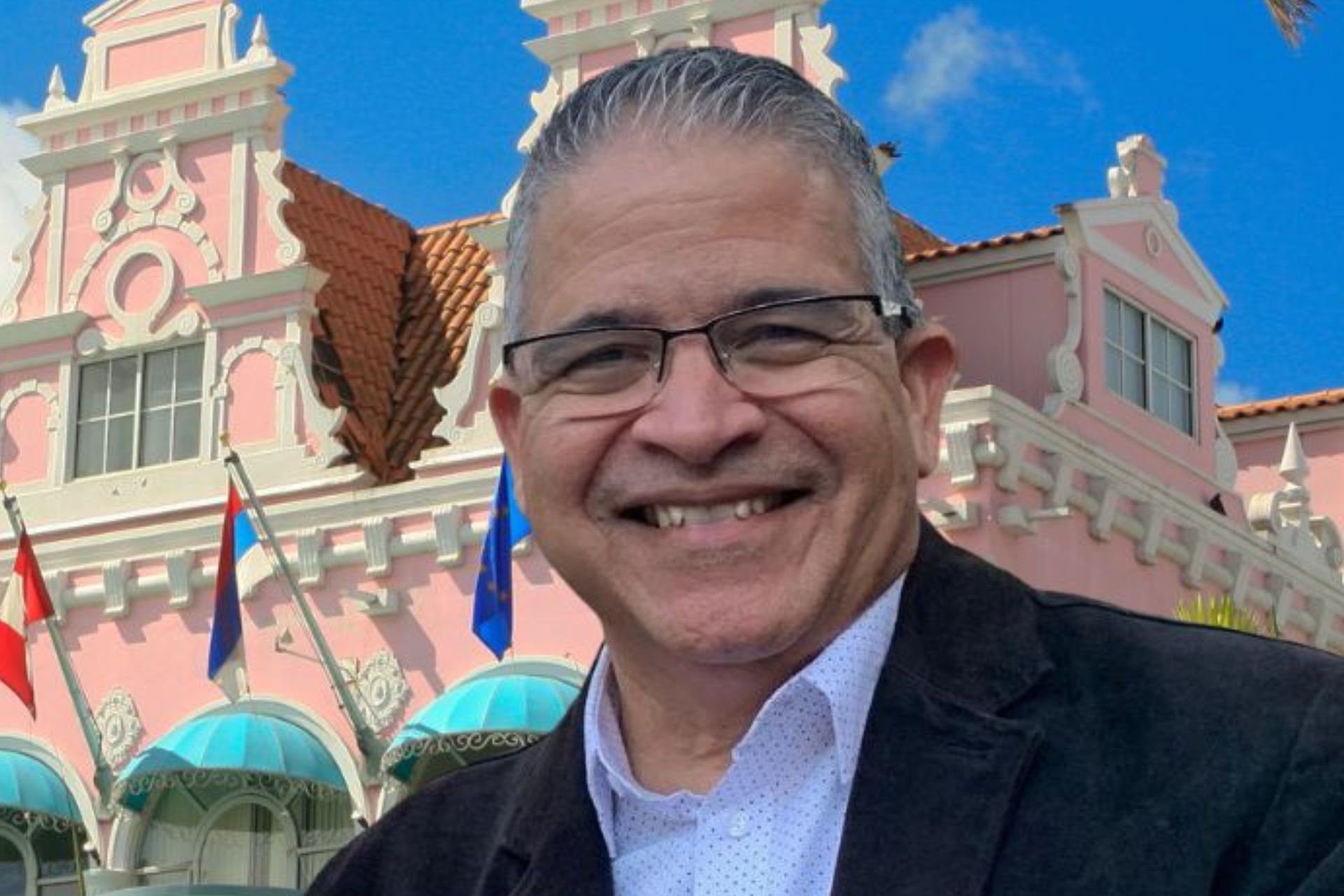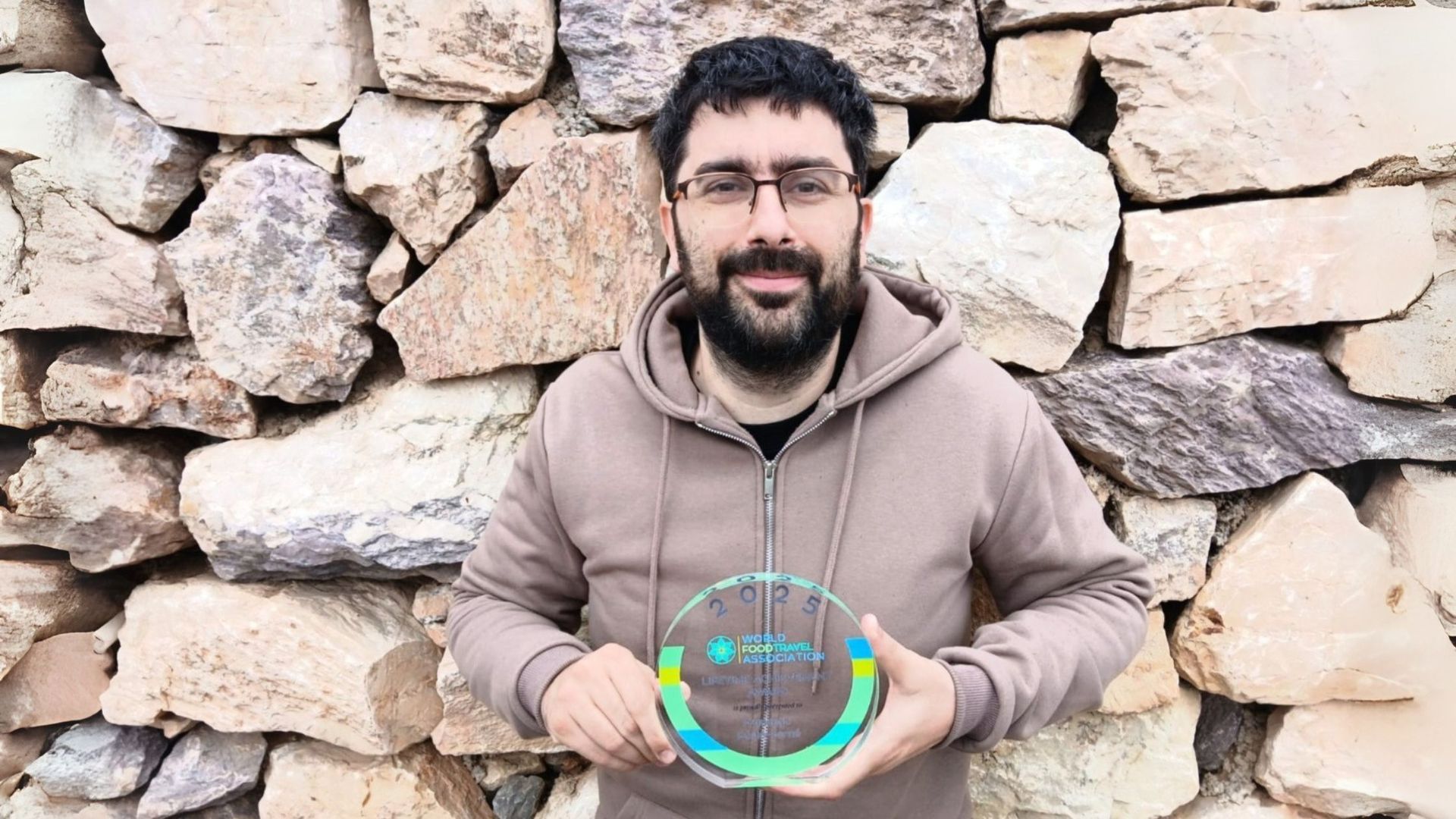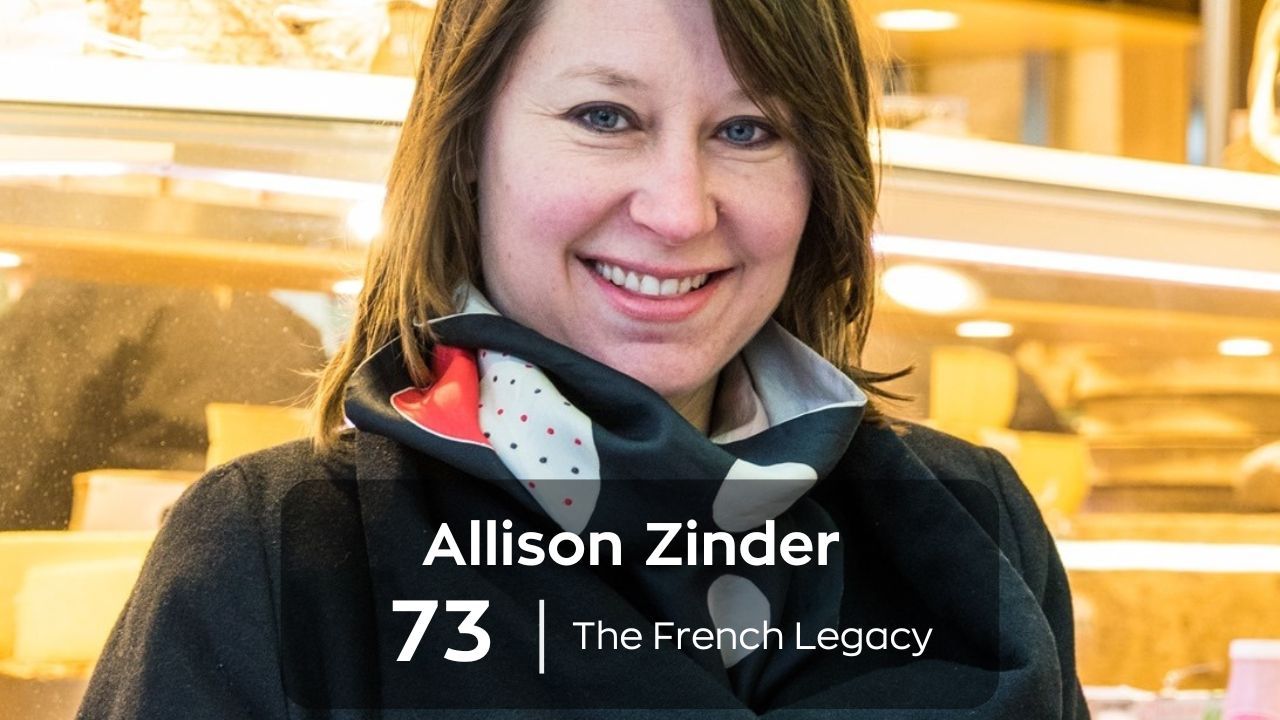Iginio Massari, The Magical Love Story of The Italian Pastry Master
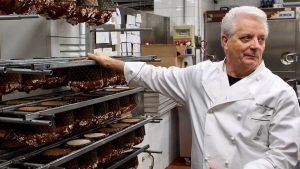
The first time I spoke to pastry chef Iginio Massari was 6 years ago when I was working and researching the artisanal Italian panettone industry to help improve Eli Zabar’s production in New York. After a few weeks of travel and investigation – and Lucullan tastings of traditional Panettone from Milano, Torino and Verona – I finally visited Maestro Massari’s Pasticceria Veneto in Brescia – where he today employs over 30 pastry chefs.
Years before being awarded World Best Pastry Chef – according to the World Pastry Stars 2019 – Iginio was already a trademark of Italian pastry and world-class ambassador of Italian hospitality. Since then talking to him has always been enriching and pleasurable. Over the years he has openly shared his views about Italian patisserie as well as the food industry. He also shares his critical opinions about politics and the socio-economic challenges in our country.
This is a condensed version of an interview with Maestro Iginio Massari from early June.
Livio: Could you please share with us how you approach the world of food?
Iginio: In the eyes of my parents, I should have been a doctor but as a kid, I was attracted by a tiny bakery, downstairs from our home. I am still amused today thinking back at the intense experience I had in that panificio. You don’t just get to decide where you want to go in life, Livio. A kind of magic is needed, and I was gifted with this magic several times in my life! Grown-up during post-war times I recall the joy of our house, the comings and goings of visitors for a chat or something to eat. Our appetite was never missing. And my mother mixing, kneading, rolling the dough, preparing the filling… a thousand aromas in the air, the warmth of minestrone and tripe in winter and the fragrance of herbs, fritters, and ravioli in the warm seasons. Manual skills and brainpower are just the same according to my mom. Stir and whisk, knead and melt, decorate and bake. Doughs and perfumes together like the gestures, the stories, the customs of ancient hardworking wisdom that enchanted me to the point of desiring to make all those gestures my own.
L: Would you tell us when you decided to be a pastry chef?
I: That came from listening to my inner self and understanding what I wanted to do with my life. At 15, with some three years of experience in baking and restaurants, and late evening studies, I came to the presumptuous conclusion that being a chef was too easy, boring, and lacking applied technique. I was looking for personal fulfillment, daydreaming for something magical, omnipotent. It all came to witnessing the making of a chocolate sculpture, that captured my imagination and finally made me realize I wanted to be a pastry chef.
L: What do you like the most about being a pastry chef?
I: As a pastry chef, one of the most interesting aspects that I like to dwell on is “Temptation”, the sin of gluttony. I believe in the right of seduction, desire and fulfillment. I like to think of myself as a researcher of seduction. I am convinced that the happiness of the body and soul is always striving for a superior morality. And happiness follows the route of sweetness, which has a secret symmetry with the path of love. Sweets are somewhat of an introspective habit, fueled by slowness and pervaded by sensuality that belongs to one own intimacy.
L: Did you ever think of leaving Italy to look for opportunities abroad?
I: My first experience as a young patissier, was in Reconvilier, a tiny village of the Swiss Jura, followed by Boudry on the lake of Neuchâtel, with the master pastry chef Claude Gerberg: a life-changing experience. In 1971, after some intense experiences with some Italian food companies, I opened Pasticceria Veneto in Brescia following the will of my wife Mary, and we never moved again – for those who knew me “vagabond” at the time, it’s still a shock. Over recent years, thanks to the support of my daughter Debora and my son Nicola, I have opened branches of my shop in Milan and Torino. We are currently working on a new shop in Verona and I have no preclusions for opening abroad in the future.
L: What are the ingredients for success in the world of pastry?
I: From my industrial confectionery experiences I learned that innovation and continuous research are the strongest mantras, without neglecting tradition. And that one needs good antennas to hit the target. Trending brand identities, cool English or French sounding names and signs or sweets with funky shapes and colors are worth nothing if they contradict the customer’s expectations. Journalists often ask me what my specialty is. I personally think that if one has a signature dish and the remainder of his production is not also signature, it is better that he changes jobs.
L: What gives you the most satisfaction in your profession?
I: I never took the liberty of thinking about what job gave me the most satisfaction… only those who do not want to progress can feel satisfied. Yet, a rather personal satisfaction is giving sweets and desserts their legitimate place in daily nutrition, in name of their intense and ephemeral pleasure. In our field, the production of Panettone is the most complex of all as it takes quite some time to understand what natural yeast is and to dominate it, and not be dominated by it. There are two rules to apply when making Panettone: the first is to make a good product that is soft, fragrant, with balanced aromas, and good-looking. The second, which is not negligible, is to maintain all these characteristics over time. To me, Panettone is the ultimate byword for technique in pastry.
L: What do young pastry chefs need to pursue a career in this field?
I: Horizons, horizons, horizons! Modern society is somewhat merciless and does not often give way to aspirations and desires. Only goodwill and persistence can help everyone, young and old, to face circumstances and turn them in his favor. But again, the horizon is not a year or a day. Happiness is not a moment of eternity. Happy is the life of those capable of welcoming moments as gifts. And being grateful… grateful for existing, for being and for doing.
L: Finally, what is your message to Italian food artisans?
I: Making food should never be just another job or a competition to earn money. A food artisan carings about the health of the people and applies quality standards to make food that gives pleasure and triggers affection and interest. The task of any food maker must be to promote diversity, shun homologation and always prefer unpredictable paths to the rational ones. It doesn’t matter if someone will shake his head, stamp his feet finding you boring, repetitive, or inappropriate. A food artisan will implement quality regardless, learning to be critical and firm in his decisions… and believe in himself, always, without going crazy.
L: Finally please nominate or suggest a person that you would like to see us interview.
I: Fabrizio Galla
Authored by: Livio Colapinto, Zest of Italy


